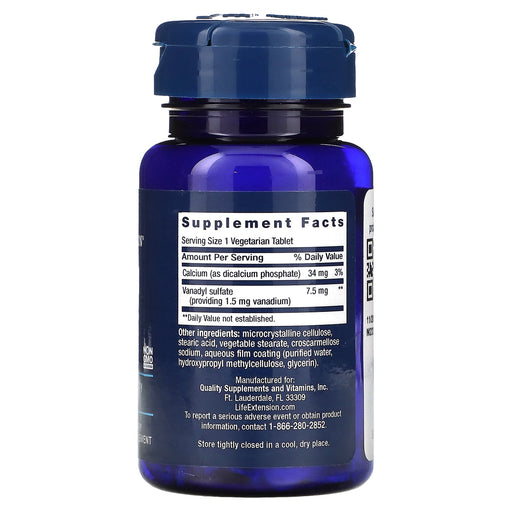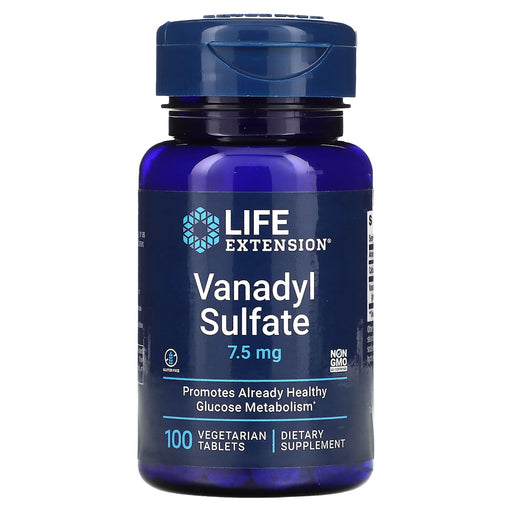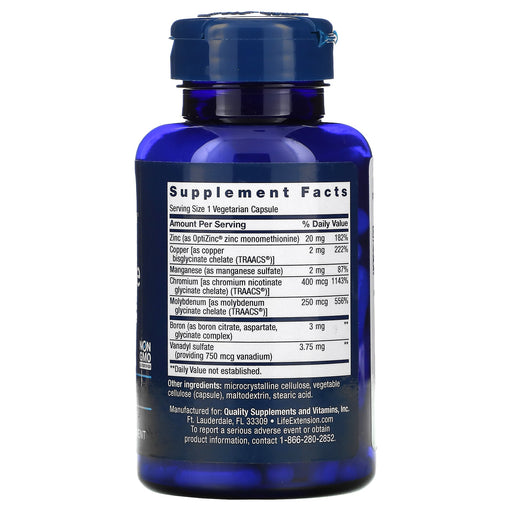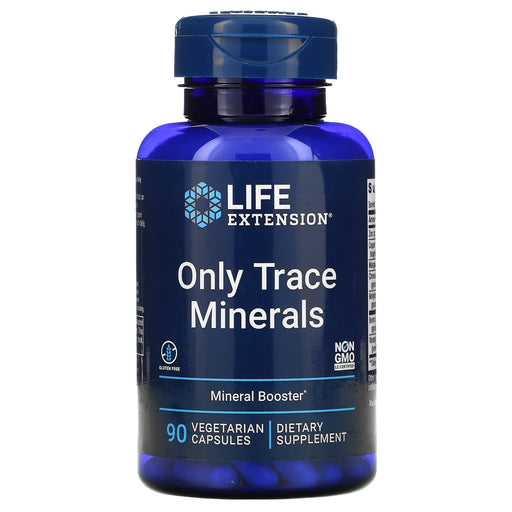
Unleash Optimal Health with Essential Trace Minerals
In the vast world of nutrition, trace minerals often fly under the radar, but their importance cannot be overstated. Though needed in small amounts, these vital nutrients play a crucial role in maintaining numerous bodily functions and promoting overall health and well-being.
What are Trace Minerals?
Trace minerals, also known as microminerals, are essential nutrients that the body requires in small quantities for optimal health. While the body needs larger amounts of macrominerals like calcium and magnesium, trace minerals are equally important for various physiological processes.
Some of the most crucial trace minerals include:
- Iron: Essential for the production of hemoglobin, which carries oxygen in the blood.
- Zinc: Supports immune function, wound healing, and protein synthesis.
- Copper: Necessary for the formation of red blood cells, connective tissue, and neurotransmitters.
- Manganese: Involved in bone formation, blood clotting, and metabolism.
- Selenium: Acts as an antioxidant and supports thyroid function.
- Iodine: Crucial for the production of thyroid hormones and proper thyroid function.
- Chromium: Helps regulate blood sugar levels and supports carbohydrate and fat metabolism.
The Benefits of Trace Mineral Supplementation
While a balanced diet rich in whole foods is the best way to obtain trace minerals, many people may benefit from supplementation due to factors like soil depletion, dietary restrictions, or increased nutritional needs. Incorporating trace mineral supplements into your health regimen can provide numerous benefits, such as:
- Supporting Overall Health: Trace minerals are involved in various bodily processes, including energy production, hormone synthesis, and enzyme function, making them essential for overall health and well-being.
- Enhancing Immune Function: Minerals like zinc and selenium play a crucial role in supporting immune health, helping the body fight off infections and diseases.
- Promoting Healthy Bones and Teeth: Trace minerals like zinc, copper, and manganese are necessary for the formation and maintenance of strong bones and teeth.
- Supporting Cardiovascular Health: Some trace minerals, such as chromium and copper, may help support healthy blood sugar levels and promote cardiovascular health.
Choosing the Best Trace Mineral Supplement
When selecting a trace mineral supplement, it's essential to choose a high-quality product from a trusted brand. Consider the following factors:
- Bioavailability: Look for supplements that contain highly absorbable forms of trace minerals, such as chelated minerals or organic compounds, for optimal absorption and utilization by the body.
- Comprehensive Formula: Choose supplements that provide a balanced blend of essential trace minerals, rather than focusing on just one or two isolated nutrients.
- Quality and Purity: Opt for supplements that are manufactured in GMP-certified facilities, free from contaminants and harmful additives, and third-party tested for purity and potency.
- Brand Reputation: Select supplements from reputable brands with a history of producing effective, science-backed trace mineral products.
Tips for Incorporating Trace Mineral Supplements into Your Health Regimen
To maximize the benefits of trace mineral supplementation, consider the following tips:
- Follow Dosage Instructions: Always adhere to the recommended dosage on the product label, and consult with a healthcare professional before starting any new supplement regimen, especially if you have pre-existing health conditions or are taking medications.
- Pair with a Nutrient-Dense Diet: While trace mineral supplements can help fill nutritional gaps, they should be used in conjunction with a balanced, whole-food-based diet for optimal health.
- Consider Synergistic Nutrients: Some trace minerals work synergistically with other nutrients, such as vitamin C enhancing iron absorption. Look for supplements that contain complementary nutrients for added benefits.
Experience the Power of Essential Trace Minerals
Ready to unleash your body's full potential and support optimal health? Witness our collection of high-quality trace mineral supplements and experience the transformative power of these essential nutrients.
Our trace mineral supplements are carefully formulated with bioavailable, pure, and potent ingredients to ensure maximum absorption and effectiveness. Whether you're looking to support overall health, boost immune function, or promote healthy bones and teeth, our supplements can help you achieve your wellness goals.
Don't let trace mineral deficiencies hold you back any longer. Start exploring our trace mineral collection today and take the first step towards unleashing your body's innate potential for optimal health and vitality.
Frequently Asked Questions about Trace Minerals
1. What do trace mineral supplements do?
Trace mineral supplements provide small amounts of essential minerals that are needed for various bodily functions. They support:
- Enzyme function: Many trace minerals act as cofactors for enzymes involved in metabolism, digestion, and other processes
- Bone and teeth health: Minerals like boron, manganese, and silica support the formation and maintenance of strong bones and teeth
- Immune function: Zinc, selenium, and copper play crucial roles in supporting the immune system
- Hormone production: Iodine is essential for thyroid hormone synthesis, while chromium helps regulate blood sugar levels
- Antioxidant protection: Selenium and zinc are vital components of antioxidant enzymes that protect cells from oxidative damage
2. What is the best source of trace minerals?
The best sources of trace minerals are whole foods, as they provide a balanced array of nutrients in bioavailable forms. Good dietary sources include:
- Seafood: Oysters, mussels, and other shellfish are rich in zinc, copper, and selenium
- Organ meats: Liver and kidney are excellent sources of copper, iron, and selenium
- Nuts and seeds: Pumpkin seeds, Brazil nuts, and almonds are good sources of magnesium, zinc, and selenium
- Leafy greens: Spinach, kale, and Swiss chard provide iron, magnesium, and manganese
- Whole grains: Unrefined grains like quinoa, oats, and brown rice contain zinc, magnesium, and selenium
- Legumes: Lentils, chickpeas, and beans are good sources of iron, magnesium, and zinc
3. Who should not take trace minerals?
While trace minerals are essential for overall health, certain individuals should exercise caution or avoid supplementation without consulting a healthcare professional:
- Individuals with kidney disease
- Those taking certain medications
- Individuals with hemochromatosis
- Pregnant or breastfeeding women
- Children
It is always best to consult with a healthcare professional before starting any supplement regimen to ensure safety and appropriateness for individual needs.
4. What are the benefits of adding trace minerals?
Adding trace minerals to your diet or through supplementation can provide numerous health benefits, including:
- Improved immune function: Trace minerals like zinc, selenium, and copper support the immune system, helping the body fight off infections and diseases
- Better bone and teeth health: Minerals such as boron, manganese, and silica contribute to the formation and maintenance of strong bones and teeth
- Enhanced cognitive function: Iron, zinc, and iodine play crucial roles in brain development and cognitive performance
- Increased energy levels: Trace minerals are involved in energy production and metabolism, helping to reduce fatigue and improve overall vitality
- Hormone balance: Iodine and selenium support thyroid function, while chromium helps regulate blood sugar levels
5. Can I take trace minerals every day?
Yes, it is generally safe to take trace minerals every day, as long as you adhere to recommended dosages and consult with a healthcare professional. Trace minerals are essential nutrients that your body requires in small amounts for optimal functioning.
6. When should I take trace minerals?
The timing of trace mineral supplementation may depend on the specific mineral and your individual needs. However, some general guidelines include:
- With meals: Taking trace minerals with food can help improve absorption and reduce the risk of digestive discomfort. This is especially important for minerals like zinc and iron, which may cause nausea when taken on an empty stomach.
- Divided doses: If you are taking higher doses of certain minerals, it may be beneficial to divide the dose and take them at different times throughout the day to optimize absorption and minimize potential side effects.
- Away from medications: Some trace minerals can interact with certain medications, reducing their absorption or effectiveness. It is generally recommended to take mineral supplements at least 2 hours apart from medications.
- As directed by a healthcare professional: If you have a specific deficiency or health condition, your healthcare provider may recommend a specific timing or dosage for your trace mineral supplement.
7. What are the alarming signs that your body needs trace minerals?
Trace mineral deficiencies can manifest in various ways, and some alarming signs that your body may need trace minerals include:
- Poor immune function: Inadequate zinc, selenium, or copper levels may result in frequent infections and slow wound healing
- Skin issues: Zinc deficiency can cause skin rashes, dryness, and delayed wound healing
- Hair loss: Iron, zinc, and selenium deficiencies may contribute to hair thinning and loss
- Bone and joint pain: Insufficient boron, magnesium, or manganese can contribute to bone loss and joint discomfort
If you experience any of these symptoms, it is essential to consult with a healthcare professional for proper diagnosis and treatment.
8. What happens if you take too much trace minerals?
Taking excessive amounts of trace minerals can lead to toxicity and various adverse health effects, depending on the specific mineral:
- Iron overload: Excessive iron intake can cause organ damage, particularly to the liver and heart, and increase the risk of certain cancers and chronic diseases
- Zinc toxicity: High levels of zinc can impair immune function, reduce copper absorption, and cause digestive issues like nausea and vomiting
- Manganese toxicity: Excessive manganese can lead to neurological problems, including tremors, difficulty walking, and cognitive impairment
- Iodine toxicity: High iodine intake can cause thyroid dysfunction, goiter, and gastrointestinal issues
To prevent trace mineral toxicity, it is crucial to follow recommended dosages and not exceed the tolerable upper intake levels set by health authorities
















